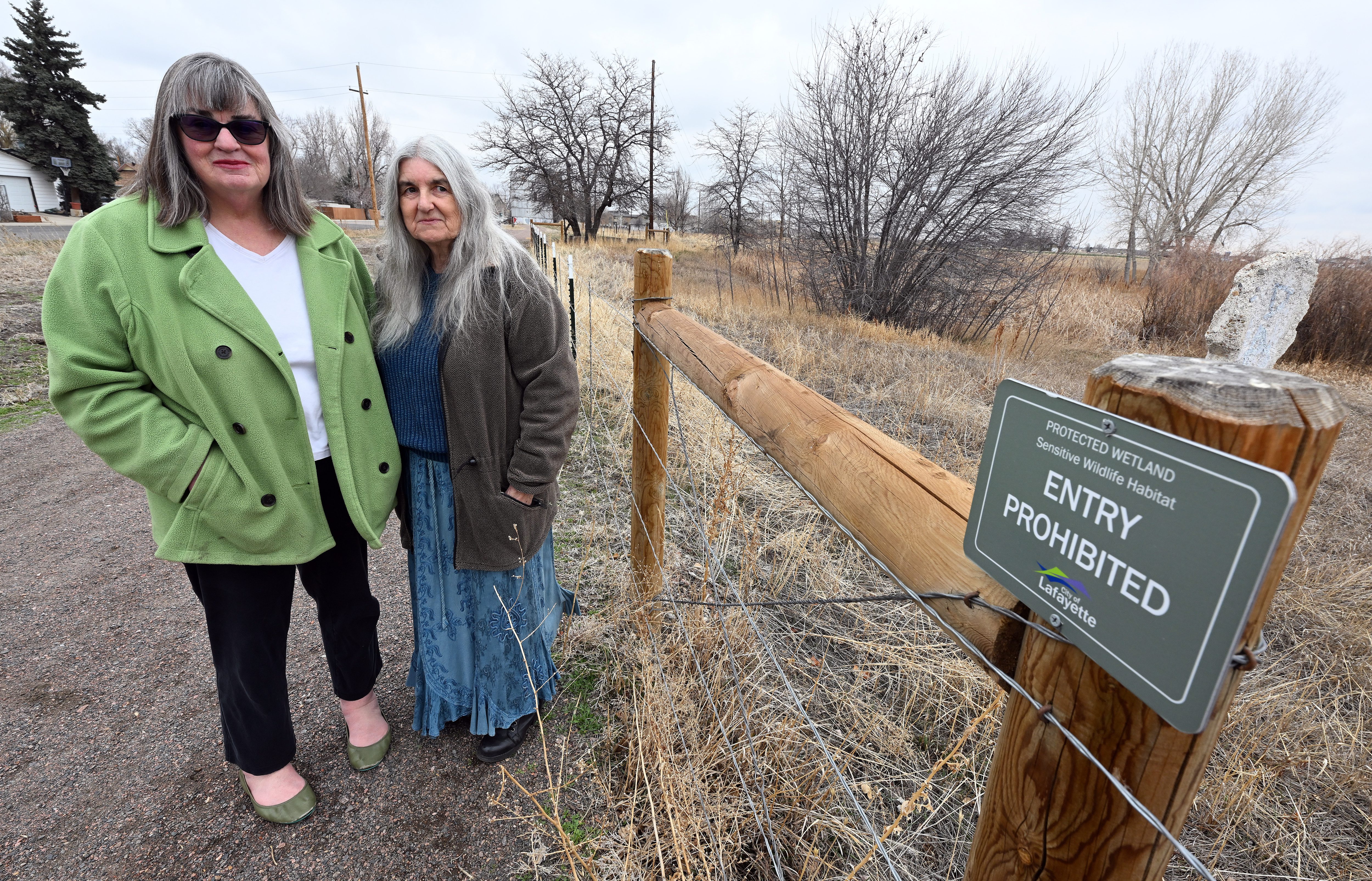As Lafayette City Council moves forward with annexing nearby land, residents rally to preserve their open spaces, marking a significant clash over the city’s future landscape. The proposed annexation at 119th Street and Baseline Road has become a focal point of debate between development interests and conservation efforts.
Public shows up in Lafayette to oppose proposed annexation

Key Takeaways:
- Lafayette City Council approved the next step toward annexing property at 119th Street and Baseline Road.
- Many residents oppose the annexation, advocating for the land to remain open space.
- The property is located at a key intersection affecting community planning.
- Annexation would incorporate the land into city boundaries, potentially leading to development.
- The situation highlights broader tensions between urban development and environmental conservation.
Lafayette Council Advances Annexation Amid Public Opposition
The Lafayette City Council has approved the next step in bringing a significant property into the city’s boundaries—a move that has been met with considerable public resistance. The land in question is located at the northwest and southwest corners of 119th Street and Baseline Road, a site that many residents believe should remain untouched.
A Community’s Call for Preservation
During the council meeting, numerous Lafayette residents voiced their concerns over the proposed annexation. The prevailing sentiment among the opposition is a strong desire to preserve the property as open space, maintaining the natural landscape that they feel is integral to the community’s identity.
“Preserving our open spaces isn’t just about aesthetics; it’s about keeping the environmental balance and quality of life in Lafayette,” one resident stated during the public comments.
The Significance of 119th and Baseline
The property at 119th Street and Baseline Road occupies a strategic location that could play a pivotal role in Lafayette’s development plans. Its annexation into the city could open the door to new projects, altering the character of the area. Residents fear that such changes might erode the community’s connection to its natural surroundings.
Weighing Development Against Conservation
The council’s decision to proceed with the annexation process has brought to light the perennial debate between the need for urban development and the desire to conserve green spaces. While some argue that annexation can lead to economic growth and improved infrastructure, others are concerned about the potential loss of natural habitats and the impact on wildlife.
Next Steps and Ongoing Dialogue
The approval marks an initial step in a longer process. As the annexation proposal moves forward, further assessments and community engagement are expected. Residents opposing the plan are likely to continue their advocacy, seeking alternative solutions that balance progress with preservation.
A Reflection of Broader Trends
Lafayette’s situation is a microcosm of a larger conversation happening in cities across the nation. As urban areas expand, the challenge remains: how to accommodate growth while safeguarding the environmental and social fabrics that define them.
Conclusion
The unfolding events in Lafayette serve as a reminder of the complexities involved in urban planning and community development. The decisions made in the coming months will not only shape the physical landscape but also set precedents for how such conflicts are navigated in the future.











